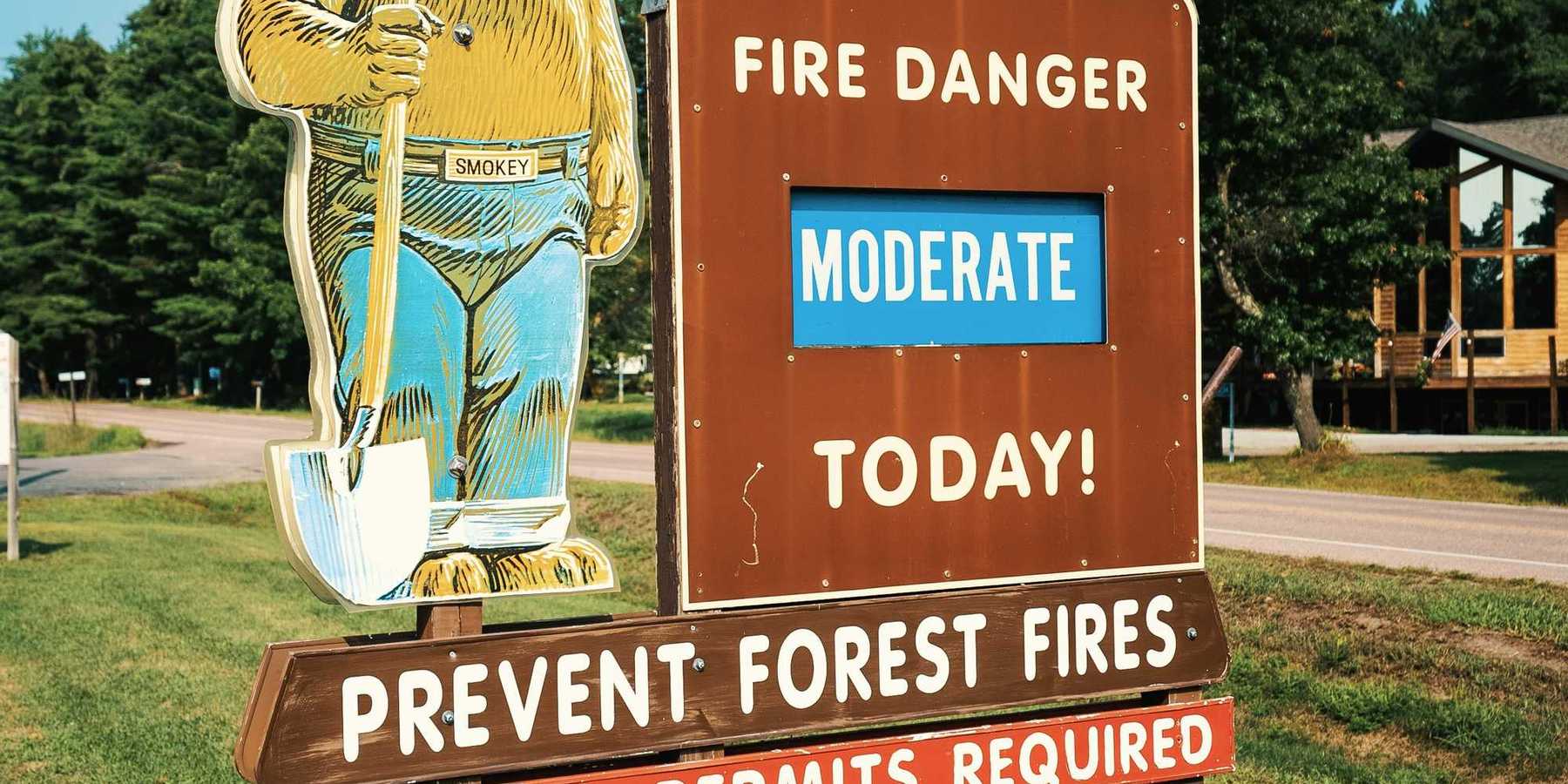Developer confirms funding for massive Rio Grande gas terminal
In a nutshell:
The LNG development of the Port of Brownsville will result in one of the largest gas export terminals in the world and further reinforce the industrial domination of the Gulf Coast from Louisiana to the border with Mexico. Legal moves and countermoves continue to fly with opponents challenging the Army Corps of Engineers and the Federal Energy Regulatory Commission on impact decisions such as air quality, environmental justice and a determination by FERC that the project is in the public interest.
Key quote:
“The oil and gas companies and the politicians can’t find it in their hearts to keep the industry in an industrial space,” said Lela Burnell, the daughter of a shrimper in the Port of Brownsville and the plaintiff in multiple lawsuits against plans for Rio Grande LNG. “Why do they feel like they need to just inundate and take over the whole coast? They don’t want to leave one spot where there is a sanctuary or a safe zone for nature.”
Big picture:
Since Congress legalized oil and gas exports in 2015, seven LNG export terminals have been built with three more under construction and beyond that 11 additional projects have been permitted. The greenlighting of the Brownsville terminal would signify a heartbreaking defeat for those who had hoped to keep the Rio Grande Delta free of major fossil fuel facilities and also make way for fracked gas transport from the Permian Basin via the proposed Rio Bravo pipeline and subsequent export via ocean-going tankers. Fossil-fuel supporters laud LNG as an emissions-friendly successor to coal and key to a lower-carbon future while LNG opponents dismiss such rosy platitudes as just so much greenwashing.
Get the full story in Inside Climate News.













